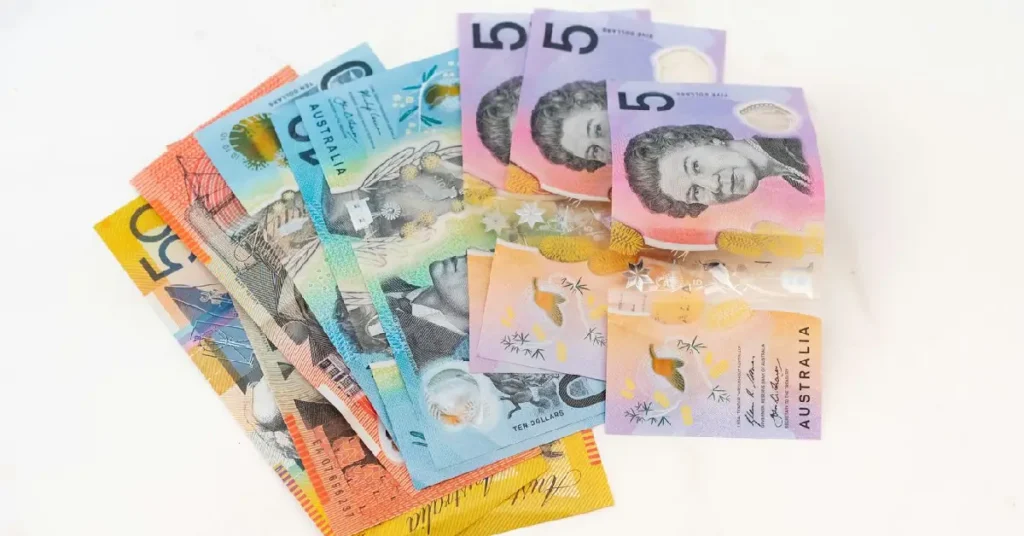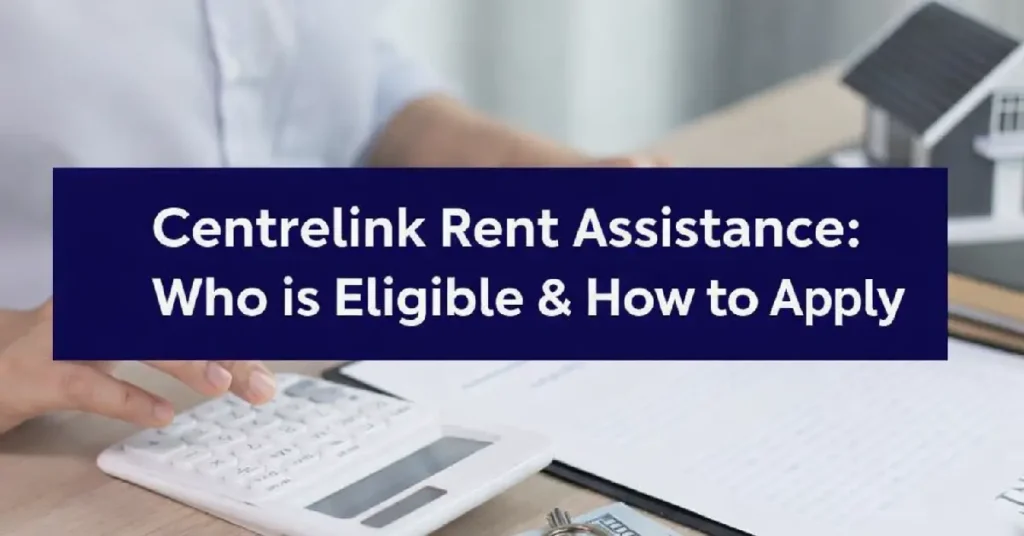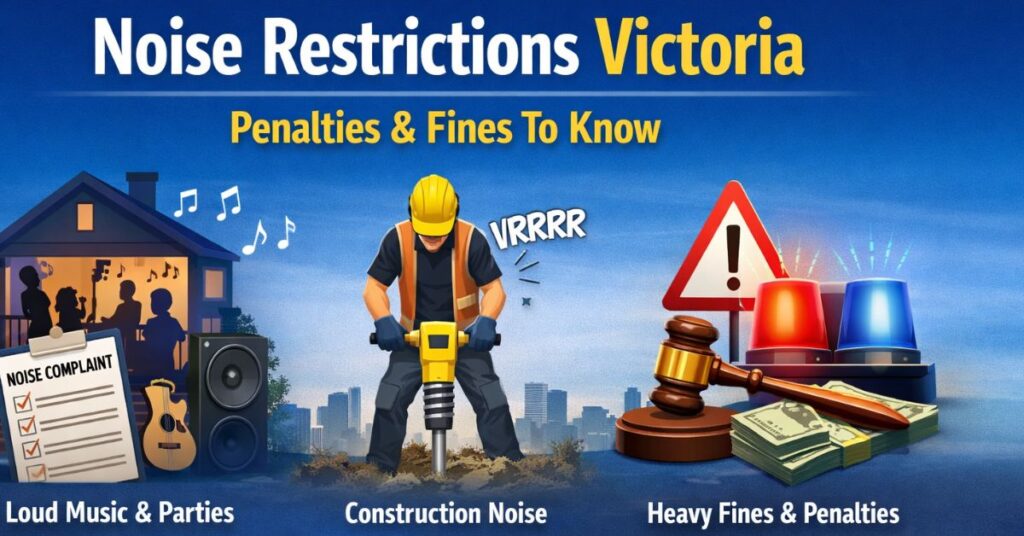Australia Cracks Down on Influencers And What the ACMA’s Gambling Promotion Warning Means for Influencers
The Australian Communications and Media Authority (ACMA) has issued a clear warning against social media influencers promoting unlicensed gambling sites. This warning comes after an increase in online posts in which creators sometimes intentionally, and sometimes unintentionally, promote (or link) gambling services from overseas. Such promotional posts are common on Instagram, TikTok, YouTube, and Twitch, and may involve creators exposing betting websites, referral codes, or showcasing live action. While influencers may think of their posts as casual or entertainment-oriented, Australian law considers those posts “advertisements” under the law.
Interactive Gambling Act 2001 and Advertising Restrictions
In combination with regulations under the Interactive Gambling Act 2001, it is against the law to publish advertisements that promote gambling unless the operator is licensed to conduct gambling in an Australian state or territory. This includes online casinos, in-play sports betting, and certain online lotteries. The law prohibits illegal advertising regardless of whether the promotion is formally paid or unpaid. For unlawful advertising, the individual can be fined up to a maximum of AUD 59,400. However, the maximum fine increases to AUD 2.4 million for unlawful promotion in Australia.
Navigating the Online Gambling Landscape
Navigating online gambling is not an easy task for influencers or their followers. However, there is hope – there are safe and legitimate options. Many Aussie sites provide professional entertainment with their popular games, banking options, and fast podcasts. These sites provide some helpful transparency into what Aussie sites can expect to find regarding their gambling options, the types of games they may consider playing (digital pokies), available bonuses, payment methods, and the overall user experience.
The Importance of Verifying Legitimacy
Because this is such a blurry area, it is very wise for influencers to verify any gambling site they promote to ensure it is legal under Australian law. If they do not take this preemptive step, they could evenly highlight sites with operations that could violate the law in more than one jurisdiction under Australian law. The ACMA is likely aware of the gambling operators that are operating unlawfully and have limited investigative resources to respond. The ACMA has also advised ISPs to block many offshore gambling websites after collecting the right evidence against these sites, targeting Australian customers with no licensing in the country or legal authority to advertise to Australian observers. The situation where gambling operators would often follow and rebrand or find a new URL to operate and gain new Australian customers is known to gambling agents in Australia.

It is common for influencers to function in a rapidly evolving digital environment that is devoid of compliance and legal oversight. Nevertheless, this fact does not relieve their obligations under Australian law. The promotion of gambling is a regulated activity, and compensation is immaterial to the influencer’s obligations to avoid illegal advertising. Affiliate marketing arrangements create an additional layer of difficulty, as individuals who receive commission for directing users to gambling services require higher vigilance against non-compliance with the law. Even seemingly innocuous comments, such as personal opinions about gambling practices, may also come under scrutiny from regulators if they may be interpreted as encouraging users to access unregulated services.
Growing Regulatory Attention and Enforcement
An increase in gambling content on social media has also attracted the attention of advertising standards bodies and agency moderators. Influencer content can code-hop target different audiences easily, and content creators often do not comply with the same amount of retrospective required from traditional advertising. This creates an enforcement obligation; however, it also creates complications for enforcement. ACMA’s recent issuance of warning letters to influencers indicates a rigorous oversight of enforcement. The Regulator expects all participants in gambling-related ads to substantiate their licensing status before creating or producing content.
It is typical for influencers to operate within a fast-paced digital landscape that is absent of oversight and rules regarding legality. Nevertheless, this does not relieve their responsibilities under Australian law. The act of promoting gambling, at a base level, is a regulated act, and there is nothing material with relation to the influencer’s obligations relating to potential non-compliant advertising. There is, of course, an additional layer of complication with influencer marketing models like affiliate arrangements, as supervisors and moderators who are compensated for referring users to gambling services are required to take even greater care to ensure compliance with the law. Moreover, while seemingly innocuous, some opinions surrounding gambling behaviours/advice/content might receive scrutiny from regulators should it appear to suggest accessing the gambling services would be appropriate behaviours for users.
Challenges in Enforcing Advertising Standards
There has, in conjunction with an increasing amount of gambling-specific content on social media, been heightened attention also from advertising and regulatory standards agency moderators. Influencer content can code-hop target audience without notice, and content creators often are not held to the same retrospective conforming obligation to traditional ads and promotional media. The agency does have an obligation to enforce guardrails to comply with the advertising standard and gambling regulations, but in doing so creates challenges for compliance and enforcement. Recently, the letter issued by ACMA directly to influencers demonstrates significant oversight and effort in enforcing advertising standards with influencers. The Regulator would expect there to be a facet of substantiation ([evidence that the influencer is and will consistently be within compliance with the law]) for each party involved in any gambling-advertising related ads.
Creator Responsibility in a Tightening Legal Environment
It is the responsibility of each content creator to understand and comply with the law. This includes conducting any legal research to ascertain the legal status of any gambling platform referenced in a post, video or livestream. It is worth all content creators considering that while the laws become tighter around gambling, influencers who align with the ACMA to defend their followers will only be cementing their own careers in a safer position. With this caution posed, ACMA continues to substantiate its compliance on is case-by-case basis for gambling laws across social media while repeating it needs compliance from everyone.












